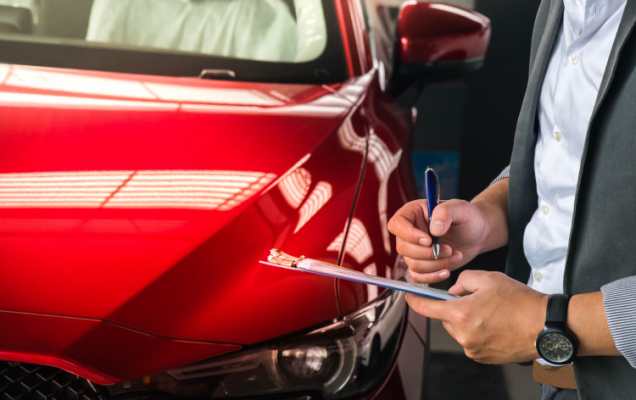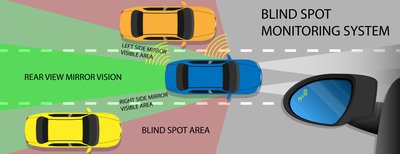This guide will explain everything you need to know to get your transfer car papers in order.
How to Transfer Vehicle Registration
When you buy a second-hand vehicle, you must go through a whole admin process. This includes paying:
- The price of the car
- The stamp duty, which is usually based on the price paid
- The transfer fee
You can usually transfer registration online. However, the exact process and the amounts you pay depend on the state or territory where you live.
For private sales, it's essential to make sure everything is complete so that you can drive safely. Paying registration, for example, ensures that you have compulsory third-party (CTP) insurance to cover any accidental damage.
Before you drive away, you must ensure the vehicle registration is transferred correctly so that everything is in order if you are pulled over.
So, how do you transfer a vehicle from one owner to another?
Transferring Ownership as a Buyer
As a buyer, you can start the process by heading to your local government website. You will need a valid driver licence and proof of purchase, such as a car receipt. In some cases, such as when the car is part of a deceased estate, you will also need a copy of the will or declaration that gives the car to you.
In some states, you also require a vehicle identity check and a roadworthy certificate before transferring the rego. Check out the vehicle registration laws where you live to learn more details on the process.
You then need to pay a transfer fee. The exact amount depends on the state and sometimes the vehicle type. Heavy vehicles, for example, may warrant a larger fee than light vehicles. In some states, like New South Wales, you must visit a service centre in person if you want to register a heavy vehicle.
A late fee may also be applicable if you transfer a vehicle to a new owner 14 days or more after the purchase.
Transferring Ownership as a Seller
If you are selling a car, there are still things you need to do to ensure you are no longer eligible for any costs the new driver incurs.
Typically, you will need to submit a Notice of Disposal, usually found on the reverse of your current registration certificate or online. The person buying the vehicle from you may also need to sign this.
Other documents you need to submit include an Application to Transfer Vehicle Registration, which is required in the ACT and Tasmania.
There is a deadline to submit the relevant documents. In most cases, it's fourteen days, but in Tasmania, it's only seven. Make sure you familiarise yourself with the local laws to ensure you get the registration right.
Summary: What Papers Do You Need to Transfer a Vehicle?
Transferring a car is quite straightforward. You need the following documents:
- Current vehicle registration information
- Relevant information on the vehicle, such as the gross vehicle mass (you can obtain this through a car history report using the vehicle identification number)
- Valid driver's licence
- Proof of sale (e.g. receipt)
- Information on the sale, such as the market price
Then, you need to fill out the documents required by your state or territory. Each state has a different process, so visit your local government website to find out which papers you need.
Check out our other guides on vehicle registration to help you register your new car with ease.
FAQs
Here are our top three FAQs. Visit our FAQ page to find out more.
1. How Much Does It Cost to Transfer a Car in Australia?
The cost of transferring a vehicle in Australia varies depending on the state and the vehicle itself. You need to factor the transfer fee and stamp duty into your budget. Many states have a flat transfer fee of around $30, which you must pay within 14 days of purchasing the vehicle.
2. Can You Change Ownership of a Vehicle Online?
Yes. In most cases, you can transfer registration online by filling in the relevant forms. However, some vehicles require you to attend a service centre in person, particularly if the car needs an inspection to obtain a roadworthy certificate.
3. How Do I Check a Used Car's Registration?
You should always know a car's history before buying one second-hand. A car history check from Carify can help you verify that a vehicle has valid registration, helping you to transfer the details to you quickly and effectively.





